Movies and television shows aren't really meant to reflect reality. They can comment on reality. They can tell a story based on true events. Yet they play an important role in how people perceive reality and their place in society. They can also greatly influence our expectations of how we interact with people.
Here are the top 10 facts about society that Hollywood lies to us in its films.
10. War is a glorious and noble occupation
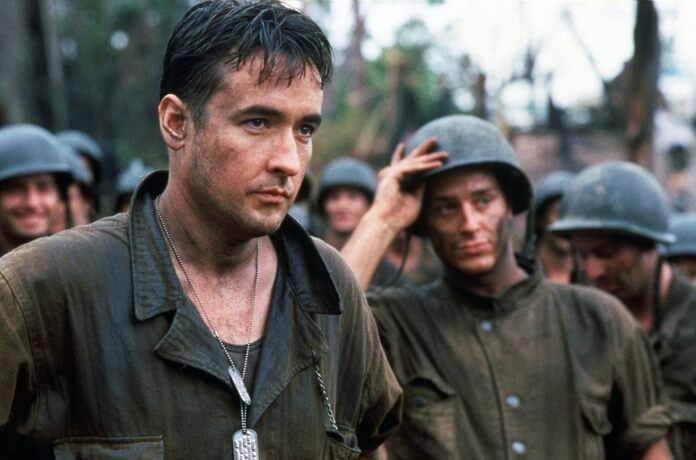 According to Dennis Rothermel, a retired professor of philosophy, a movie can give a true picture of real military conflicts if it shows "accidental violent death, submissive horror, abomination as a norm of behavior."
According to Dennis Rothermel, a retired professor of philosophy, a movie can give a true picture of real military conflicts if it shows "accidental violent death, submissive horror, abomination as a norm of behavior."
This does not mean that Hollywood movies never show war truthfully. There are also realistic military films such as Platoon, Thin Red Line, Letters from Iwo Jima, and a number of others.
9. People have too much money
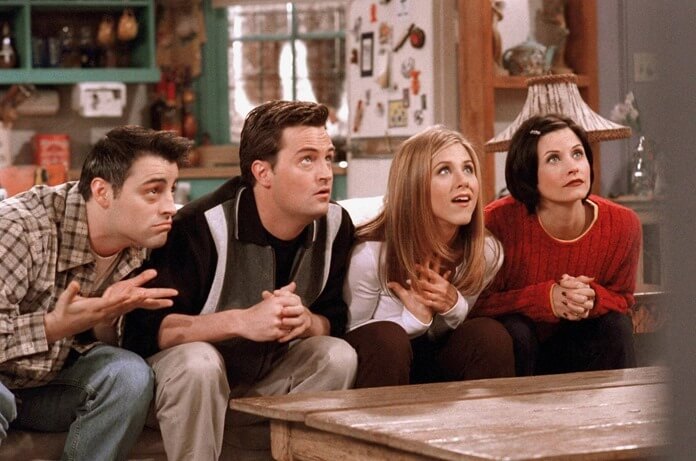 It seems that the American Dream Factory is not familiar with such a concept as "economic crisis". Characters in TV shows and movies can generally afford to go wherever they want at any time, even if they are working in a low-paying job.
It seems that the American Dream Factory is not familiar with such a concept as "economic crisis". Characters in TV shows and movies can generally afford to go wherever they want at any time, even if they are working in a low-paying job.
Take, for example, the famous TV series Friends. The main characters sit around for almost the whole day, and at the same time rent an apartment in a house located in a posh area of New York - the most expensive city to live in.
And if the apartment of Carrie Bradshaw, the heroine of the TV series "Sex and the City," were real, then according to estimates of experts, it would have cost her 3,500 dollars a month.
Of course, Friends and Sex and the City are technically a TV show, not a movie. However, the big screen is also full of incredibly rich heroes.
8. The hero always gets the girl at the end of the film
 Although times change, and Hollywood is gradually shifting from the cliché "woman in trouble" to strong and independent heroines, the male heroes still get the girls at the end of the film. This is one of the most common and enduring Hollywood clichés.
Although times change, and Hollywood is gradually shifting from the cliché "woman in trouble" to strong and independent heroines, the male heroes still get the girls at the end of the film. This is one of the most common and enduring Hollywood clichés.
It doesn't matter that the hero may not have common interests with this girl, and they met a couple of days ago, and this is clearly too little for the notorious love chemistry to arise. The winner should receive his prize - period.
In real life, the hero and the heroine would at best remain friends and see each other a couple of times a month, in between work and family.
7. One of the parents is missing
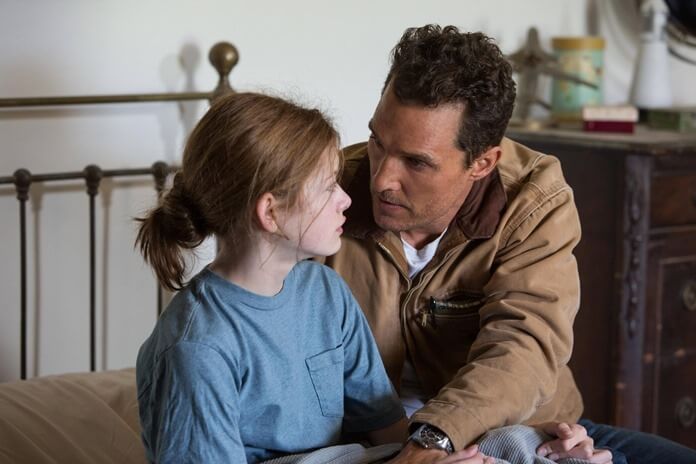 In many Hollywood films, the protagonist or heroine does not have one parent, or even both. This is a common excuse for characters to act irrationally and without motivation.
In many Hollywood films, the protagonist or heroine does not have one parent, or even both. This is a common excuse for characters to act irrationally and without motivation.
It gives viewers a false stereotype that parents who are absent in their lives may be to blame for all their problems and failures, who did not give them love and did not teach them in time how to act and what to do.
6. Parties are always fun
 In films, youth or adult parties are always interesting and entertaining events. And if bad things happen there, they are just "plot engines" that allow you to better reveal the characters or motivate them to take further action.
In films, youth or adult parties are always interesting and entertaining events. And if bad things happen there, they are just "plot engines" that allow you to better reveal the characters or motivate them to take further action.
In real life, many parties are just a bunch of people tired after work who sluggishly talk to each other, drink alcohol, sometimes dance, and then go their separate ways and calmly go to bed.
5. Villains are freaks, heroes are handsome
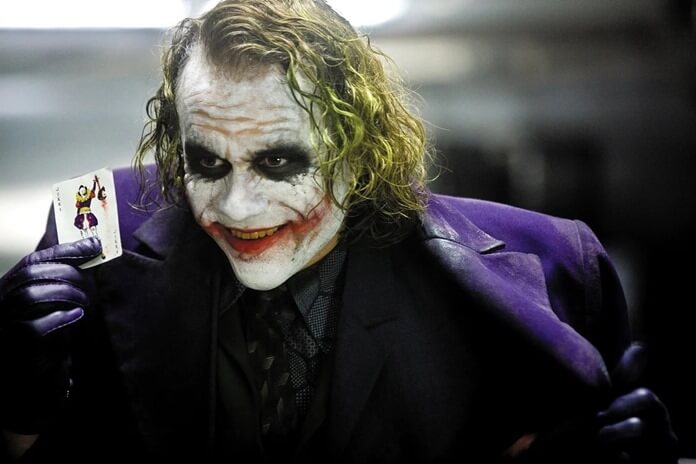 This public stereotype is not an invention of Hollywood, but is actively promoted by it. It takes its roots from the theory of the Italian psychiatrist Cesare Lombroso, who is often referred to as "the father of criminal anthropology." According to Lombroso, crimes are committed by people with a characteristic appearance and character.
This public stereotype is not an invention of Hollywood, but is actively promoted by it. It takes its roots from the theory of the Italian psychiatrist Cesare Lombroso, who is often referred to as "the father of criminal anthropology." According to Lombroso, crimes are committed by people with a characteristic appearance and character.
The "born criminals", according to Lombroso's theory, have an irregular skull shape, a sloping, narrow forehead, an asymmetrical face and eye sockets, and very strongly developed jaws.
Although we understand that the difference in the appearance of the characters in the films is the easiest way to show the audience who is the hero and who is the villain, in real life everything can be exactly the opposite. A well-dressed, attractive-looking person may well be an inveterate bastard (take at least a large cohort of marriage swindlers), and an ugly person may be an angel in the flesh.
By the way, there is also a reverse Hollywood cliche. How do you spot a female villain in a room full of people? Very simple: she will be the most beautiful and sexiest lady in this room.
4. Killing a villain solves all problems
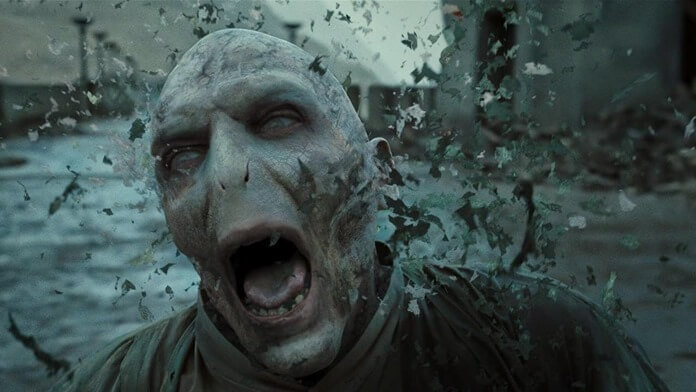 In the movies, the death of the bad guy immediately brings life back to normal. At the same time, everyone ignores the fact that the problems that the villain created throughout the movie remain.
In the movies, the death of the bad guy immediately brings life back to normal. At the same time, everyone ignores the fact that the problems that the villain created throughout the movie remain.
For example, did the murder of Voldemort solve the problem of negative attitudes towards "Mudbloods" and "Muggles" among many purebred wizards? And the murder of Sauron immediately made all his supporters kind and peaceful?
In life, even the elimination of the leaders of terrorist organizations such as ISIS (banned in Russia) is not the key to the disappearance of the entire organization. So the reprisal against the villain is, of course, good, but clearly not enough for a happy ending.
3. Geniuses know and can do everything in the world
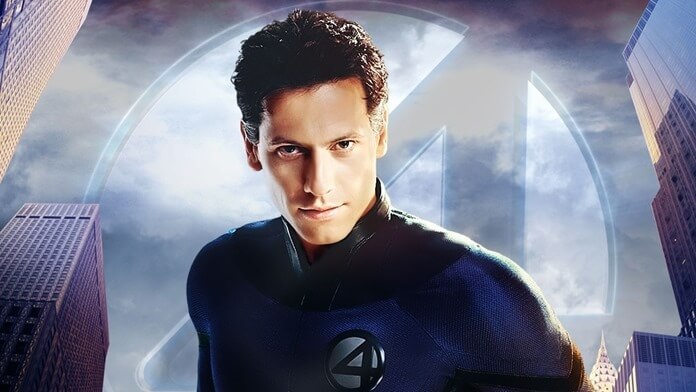 Most real-life geniuses achieve excellent results in their field of research. But you won't go to the Nobel Prize laureate for literature to go over your car engine, will you?
Most real-life geniuses achieve excellent results in their field of research. But you won't go to the Nobel Prize laureate for literature to go over your car engine, will you?
So why does Hollywood often show us geniuses like Dr. Gregory House, who is not only an amazing doctor, but can also speak half a dozen languages and play the piano? Or take Reed Richards from Fantastic Four, who is a genius in several areas at once (mathematics, mechanical engineering, physics, electrical engineering), and is equally good everywhere. In ordinary life, this does not work like that, if you are not Anatoly Wasserman (but this is not certain).
2. People work little at work
 It seems like movie characters are not too concerned with doing the same amount of work that the average worker in the real world does. They have unbelievably long lunch breaks and no one stays overtime. And you can always ask a colleague to "cover me in front of the boss." Do you often agree to do his job for a colleague while he solves personal problems?
It seems like movie characters are not too concerned with doing the same amount of work that the average worker in the real world does. They have unbelievably long lunch breaks and no one stays overtime. And you can always ask a colleague to "cover me in front of the boss." Do you often agree to do his job for a colleague while he solves personal problems?
Any competitive modern office or manufacturing facility has overhauls and deadlines, so ordinary people don't have much time for romantic adventures, unraveling mysterious incidents, or saving the world.
1. An enemy who has done you a favor becomes a friend
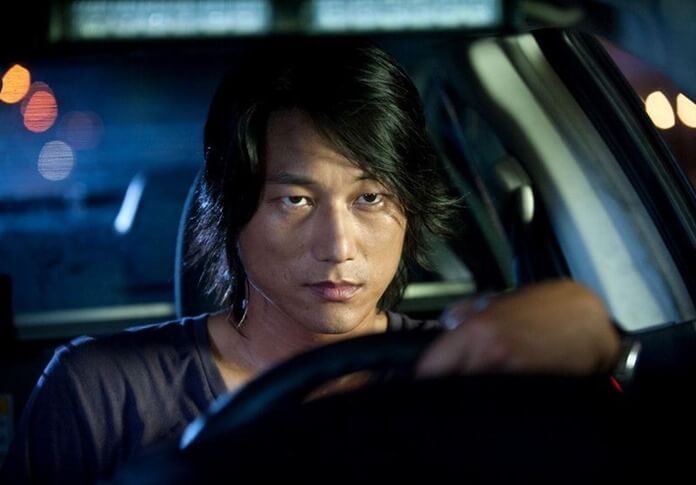 The idea of uniting with former enemies is often exploited by Hollywood, being one of the most common movie clichés. A striking example of this is the story of Khan from the Fast and the Furious franchise. He was one of the coolest characters in this physics-defying movie saga. And Jason Statham, or rather his character Deckard Shaw, killed him.
The idea of uniting with former enemies is often exploited by Hollywood, being one of the most common movie clichés. A striking example of this is the story of Khan from the Fast and the Furious franchise. He was one of the coolest characters in this physics-defying movie saga. And Jason Statham, or rather his character Deckard Shaw, killed him.
It must be admitted that the idea of Shaw's reluctant team-up with Dominic Toretto's team in the eighth part of the franchise brought a lot of pleasure to the audience. His chemistry with Hobbs (Dwayne Johnson) is so good that it justified the release of a separate film about the couple.
But here's the bad luck: Shaw killed one of the protagonist's friends. He also blew up Dominic's house and nearly sent his biological family to the next world in Fast and Furious 7. But as soon as he helped Dominic's team, it canceled all the bad things that Shaw had done before.

